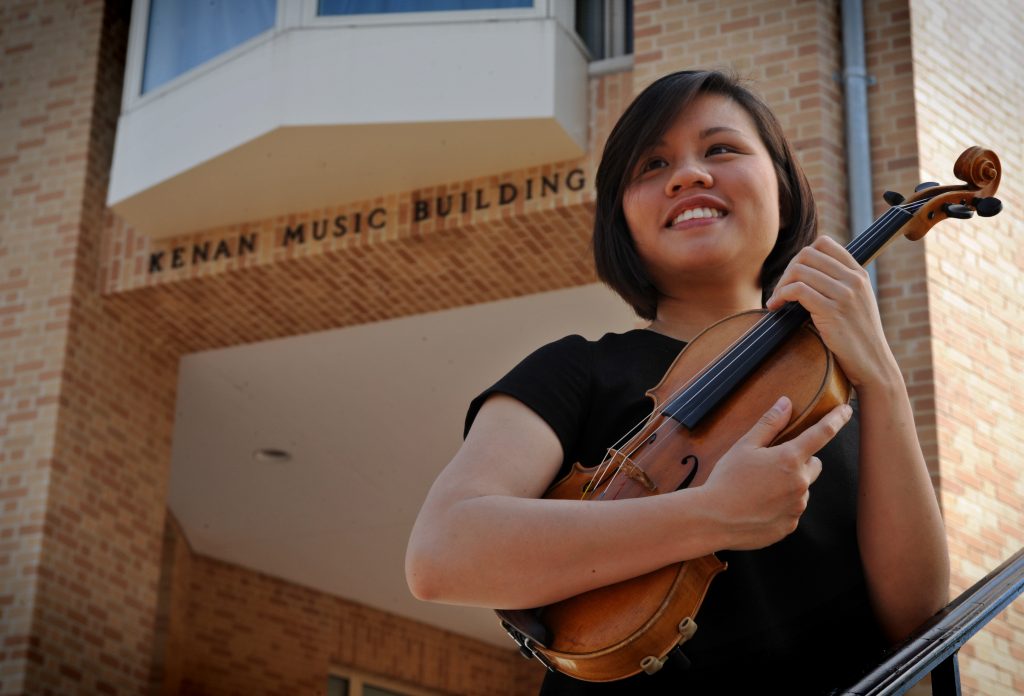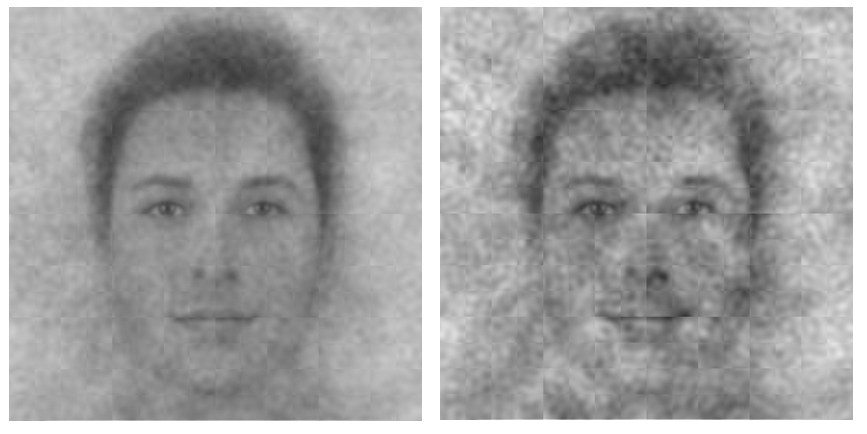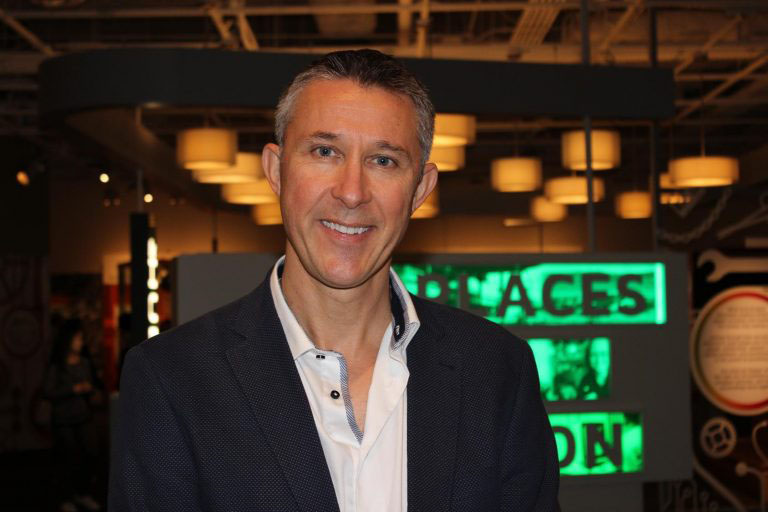New associate dean for study abroad brings a personal and professional passion for making global experiences meaningful — and available — for every UNC student

Heather Ward will never forget the moment the value of her first study abroad experience clicked for her. As a sophomore at Vanderbilt University, she was spending the spring semester at the University of Madrid (Complutense), when her parents decided to visit. After meeting them at the airport, she hailed a taxi and gave the driver instructions in Spanish.
“My mother looked at me like I was an alien from another planet. She said, ‘Heather, he understood you!’” Ward said. “And I replied, ‘This was the point of coming here and immersing myself.’”
Ward, who grew up outside Florence, Alabama, had ignited a spark in her own family for seeing and learning about the world, and that is a study abroad “spillover effect” that’s also important, she said.
“We rarely talk about benefits to the whole family or to fellow classmates,” she said. “It completely changed their world to now have passports.”
Ward, who holds a bachelor’s degree in Latin American studies and Spanish from Vanderbilt University and a master of international affairs from Columbia University, became the new associate dean for study abroad and international exchanges in UNC’s College of Arts & Sciences in January.
Ward also did anthropology field studies and an internship in Guatemala as an undergraduate. She said one of the best parts of her academic career was continuing that international work once she returned home.
“Two of my classmates at Vanderbilt are the co-founders of Alternative Spring Break, now a national program. I became the student leader for their program in South Florida, working with Guatemalan refugees,” she said. “These issues of persecution, migration and cultural identity transcend borders, so that my study abroad experience was not in a silo. I was able to bridge the gaps once I returned home, because the global is not just ‘over there,’ it’s here, too.”
Ward comes to Chapel Hill from the American Council on Education (ACE), where she served as associate director for internationalization and global engagement. At ACE, she created the global engagement strategy for the association’s 1,800 member institutions and managed partnerships with educational associations worldwide. She previously held global positions at George Mason and Mary Baldwin universities in Virginia.
Although the national trend is toward participation in shorter-term study abroad experiences, half of Carolina students choose semester-long or summer-intensive study abroad programs, Ward said.
“Carolina has such an impressive track record with this,” she said. “We’ll be growing shorter-term programs as well to open up access to more students, and I’m excited about the innovations we have the chance to introduce here — more experiential opportunities [abroad] such as internships, service learning, research and more.”
Ward said she was thrilled about coming to UNC, which is “a national leader in study abroad and consistently one of the top 20 sending institutions.”
One of the aspects of global education that her office is thinking about, she said, is the longer life cycle of the student — before they set foot on campus and after they graduate. How do they capture the meaning and value of all of their global activity? How do they come to appreciate this as a lifelong advantage?
“Employers want to see critical-thinking, problem-solving, interpersonal communication, cultural competency, self-confidence and teamwork — all of these are skills students often gain while studying abroad, but we need to teach them how to talk about that and put it on a resume,” Ward said.
“Study abroad is not an ‘extra,’” she added. “It’s a critical part of the academic experience at UNC for every student. It’s a tremendous strength when we help students develop these global networks that are going to serve them throughout their lives.”
By Kim Weaver Spurr ’88
The stuff that’s not on her resume:
What’s your favorite place outside the United States you’ve visited and why?
“The openness and energy of people I meet in a place really shapes my perspective. On that score, Brazil, Colombia and Japan stand out — possibly because I’ve worked with people in those countries over many years. But the world is vast, and there is so much more of it to experience!”
What kind of “packer” are you?
“I always try to think about the host community when I’m packing — whether it’s for New Delhi or Nashville. And yet I know I will never pass for a local in another country — American running shoes always give me away!”
Favorite food?
“My grandmother’s turnip greens.”
How do you pass the time on a long plane flight?
“Squirming. But podcasts help a lot.”
Why study abroad – in a Tweet?
“62% of @UNC alumni say, ‘If I could do it over again, I would study abroad.’ #noregrets #heelsabroad @uncstudyabroad”




